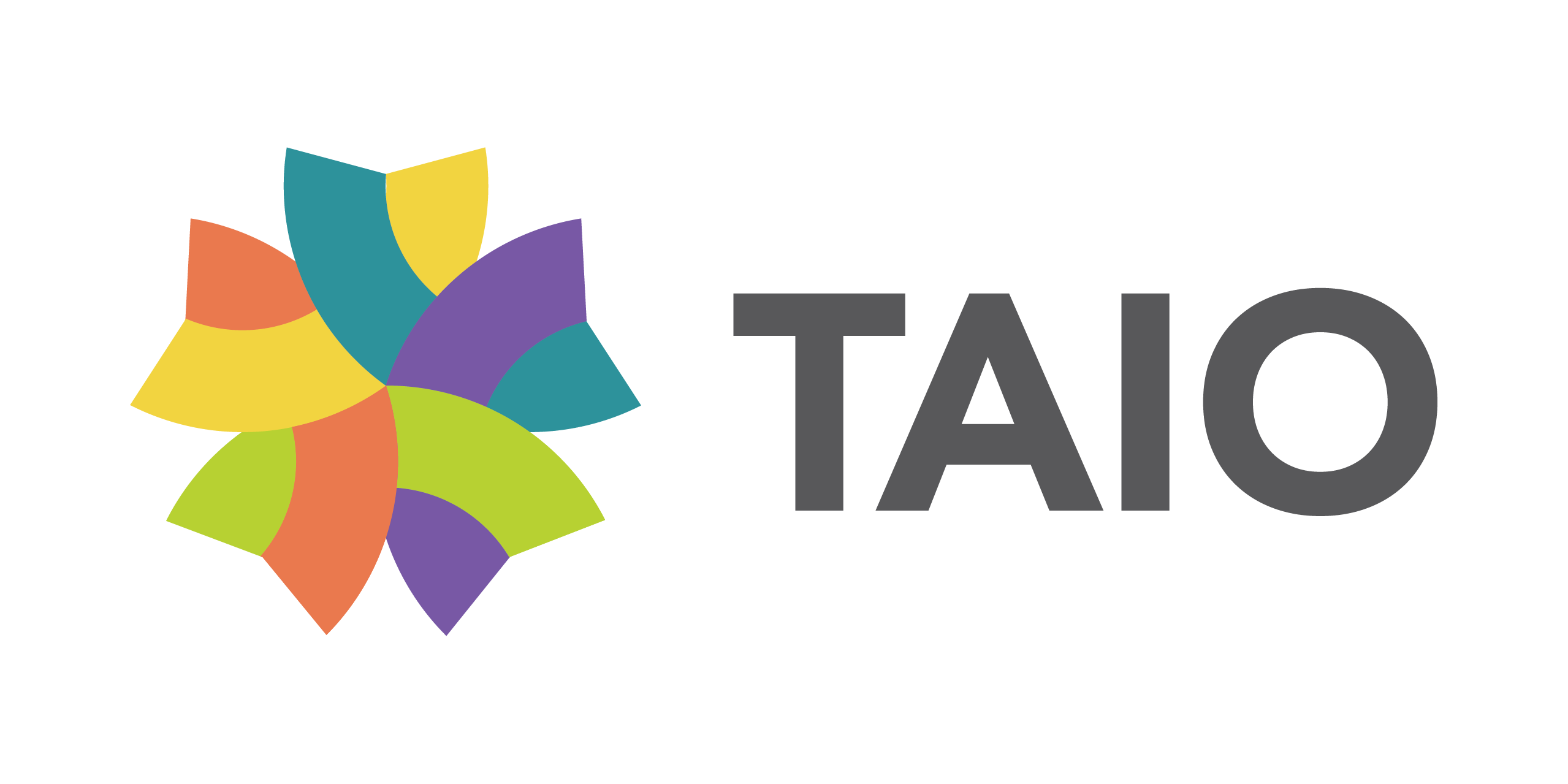Your support team members are likely the first people from your company that your customers will every talk to. That’s why it’s crucial that you hire the right customer support agent for your business.
Support agents are brand ambassadors. It’s their duty to create an amazing first impression with your customers.
TIP# 1
Decide What Channels to Support
There are many channels you can use to connect with your customers. Let’s talk about a few of these channels.
Email has been a main-stay of customer service for the past 20+ years. Although usage among the younger generations is decreasing, it’s still the most reliable form of asynchronous communication.
Chat
Chat is ideal for reaching people as they are browsing on your website. It gives them immediate answers to their questions while their interest in your product or service is at its peak.
Social Media
At the moment, social media is the go-to place for people to connect with one another, and with companies that they do business with.
Voice and Video Assisted
Voice and video assisted support provide some of the most personal interactions your company can have with your customers. It’s also the most costly, and can lengthen the amount of time it takes to resolve customer concerns.
If you’re just starting out, I would suggest you keep things simple and use a multi-channel approach. This might be email, chat and selected social media channels at first. Then, you’d build from there.
Omnichannel Customer Support
Ideally you would provide omnichannel customer support. This is the gold standard of customer service, and it’s what we provide at TAiO.
An omni-channel solution will consolidate customer inquiries over all channels into a single inbox for your agents.
It actually recognizes your customer, making their data available for your agents regardless of what channel they’re using.
Agents will be able to track the customer journey and keep tabs of their concerns as they switch from channel to channel. The result is a seamless customer experience that is more personalized and efficient.
TIP# 2
Find the Right Tools
The tools you need to hire the right customer support agent for your business fall into 6 main categories.
Communication Tools
Communication tools solve the question of how you’ll connect with your customers.
Ticketing System
This tool enables you to organize your inquiries into case files that are assigned to specific agents. From there you can track that ticket’s progress until it’s resolved.
Quality Assurance Tools
This is especially important if your customer interactions are audited for training, compliance and quality assurance purposes.
Knowledge Management Platforms
They aid in providing self serve support in the form of FAQs and knowledge bases. This is helpful not just in day-to-day operations, but also in training new agents.
Automated Assistance
Also known as chatbots, they provide quick and easy access to frequently asked questions without having to connect your customer with live support agents.
Business Intelligence Tools
Provide valuable analytics and insights used to manage your agent’s performance, ultimately improving the overall customer support experience you deliver.
Customer Relationship Management Software (CRM)
You must invest in Customer Relationship Management software. A good CRM will pack most of the tools we just talked about into one app. It’s probably the only tool you’ll need as you are start out with customer service. Check out Zendesk, Kustomer (with a K), Salesforce Service Cloud and FreshDesk to start.
TIP# 3
Work Setup
In 2020, the COVID-19 pandemic swept over the entire world, infecting hundreds of millions of people and claiming millions of lives. It shut down businesses, forced all of us to stay indoors, and restricted our ability to interact with each other. This had a dramatic impact on all of our lives, and has forced us to adapt.
One of the ways we’ve adapted is through remote working. This pandemic has shown us that we can stay productive while working outside a traditional office setting.
Pros of Remote Work Setup
Remote working has many benefits. It opens you up to a global talent pool, so you can find the best candidate regardless of geography.
This also makes finding bi-lingual agents much easier. It not only reduces the costs of maintaining an office for your CS team, but it eliminates their daily commute to work.
Perhaps most importantly, it keeps them closer to their families, and promotes better work-life integration.
Cons of Remote Work Setup
On the flip side, it’s more challenging to build interpersonal relationships and team dynamics in a remote setting. Managing productivity is another hurdle. Without the proper tools, you won’t know what your agents are doing, or if they’re even working.
Working at home can sometimes destabilize your agents’ work-life balance. They are prone to working extended hours and can adopt an unhealthy lifestyle.
However, by using a little creativity, finding the right tools and exercising a little self-discipline, you can mitigate a lot of these disadvantages.
One important consideration is data security. While securing data is more challenging in a remote working setup, it is possible. With a combination of secure virtual workstations, encrypted data and obscuring identity, you can have a remote setup that will keep sensitive information private.
All-in-all, the pros highly outweigh the cons. You need to have a very specific reason to want your team on-site, or have extreme security compliances that you must adhere to. Otherwise, in your quest to hire the right customer support agent, remote is the way to go.
TIP# 4
In-House vs Outsource
To address your company’s customer service needs, you can initially hire people to work within your organization, or in-house.
The main benefit of having an in-house team is control. You control the hiring of each individual team member. You’ll be able to manage their performance internally, and assimilate them into your company’s culture.
Another major benefit of an in-house team is you can restrict the access of customer data to just the people within the organization. This lets you enforce whatever security measures you deem necessary to keep this data safe.
While your company is small, it’ll be easy enough to hire a couple of agents to handle your volume. But as you grow to 5, 10, 20 agents, you’ll quickly realize that there’s much more to it. You’ll have to:
- have to hire team leaders and operations managers to manage your growing team
- develop a training program to ensure that each agent is delivering the same quality of customer service across the board, while speaking in your company’s signature voice
- build a tech infrastructure to handle an increasing volume of customer queries in the form of emails, chat messages, comments on social media and calls
In essence, you’re building an entire separate organization within your business. The alternative is to delegate your entire CS department to an outsourcing partner.
Leave it to the Experts
Outsourcing is an over $200 billion dollar global industry for a reason. These business process outsourcing companies, or BPOs, have already built up expertise over decades just on how to deliver customer service and other processes in the most efficient and cost-effective way possible. So why reinvent the wheel?
Secondly, if you’re outsourcing outside of your country, or off-shore, you’ll benefit from huge savings from reduced manpower costs.
Of course this also comes with an element of risk. How well will your outsourced agents be able to communicate in your supported languages? How well will your brand be represented to your customers? How do you ensure that customer data will stay safe?
The solution is to pick the right outsourcing partner. This step is absolutely crucial when you’re looking to hire the right customer support agent. There are a lot of things to consider in making this decision. So many in fact, that we’ve dedicated an entire article and video just on this topic.
TIP# 5
Create a Job Description
It might seem obvious, but you’d be surprised how many small businesses don’t have a concrete job description for their positions.
When you create your JD, you should think about the outcomes you expect from your team, as well as the hourly, daily, weekly and monthly tasks that your agent is expected to perform.
This will help keep you and your applicants on the same page on what their deliverables are. It should also help you avoid hiring someone who is not the right fit, so that you form the best possible team from the get-go.
TIP# 6
Salaries and Outsourcing Costs
The salary range for your agent will be affected by numerous factors like how well they communicate, how experienced they are, the nature of work and which tools they need to be familiar with.
For languages that are not natively spoken by people in your country, you’ll have to pay a foreign language premium.
If you’re hiring remote support, you’ll probably have to subsidise any equipment they would need to perform the job.
Finally, if you require them to work nights, you’ll have to pay a night-shift differential.
In the US, a typical agent salary would be slightly higher than minimum wage. But this could go way up depending on the factors we just mentioned.
If you hire off-shore, you can save up to 70% of this cost depending on where you hire, and what your requirements are.
Now if you work with an outsource partner, you’re looking at a savings of around 40-50% for manpower costs and removing all HR, technology and management costs associated with customer service.
TIP# 7
Create Your Agent Profile
Put yourself in the shoes of somebody who is actually buying a product or service from your company. Imagine that you have a question or concern and have contacted support. Now ask the question, what is my ideal agent?
Paint that picture of the perfect agent who is ready to answer any question that you might have, talks to you in a way that makes you feel excited about your purchase, and ultimately makes you a fan of that business.
Remember, it’s not just about sales or support. It’s really about making the customer feel good about their choice to buy a product or service from your company.
Once you have the picture of this person in your head, list down as much as you can about them.
- What level of empathy do they possess?
- What languages do they speak?
- What type of voice do they have?
- Do they sound young and bubbly?
- Or do they speak with a serious tone?
When you’re trying create a profile to hire the right customer support agent for your business, you have to remember that every business is different. While a young, energetic and vibrant personality might resonate well with customers of a beauty and cosmetics e-commerce business, a more mature, deliberate and sincere tone might be a better fit for an investment bank.
TIP# 8
Create an Assessment Package
Now that you’ve prepared your agent profile, chosen your channels, picked your tools and written out your job description, you’re ready to create an assessment package.
Paper Screening
In this step you’ll be assessing their resume to make sure that they have the necessary skills required to do their job. You’ll also need to check for red flags like their average length of stay at each company to make sure that they’re not job hoppers.
Initial Interview
Validate all the information on their resume. Ask questions that they should know the answers to, like those based on their previous work experience. While you’re at it, compare the applicant against your ideal profile to see if they are a good fit.
Qualifying Assessments
After the interview, it’s time to assess their skills. Conduct a series of communication, technical and psychological tests that will help you assess the candidate further.
You can create your own tests in-house, hire a professional service provider or even find them online. Be creative with your tests. Do a short role playing session where the interviewer would pose as a customer needing help from the candidate.
Final Interview
After passing all of the previous assessments, it is now time to schedule them for a final interview. In this interview, you’ll be ranking all qualified applicants focusing on finding those that best fit your company’s culture.
Outsource Recruitment
Now, if you’re working with an outsourcing partner, they will take care of this entire process for you. You may want to take part in the final interview to ask questions directly, and approve the hiring of each candidate.
There are many methods to assess candidates. You may even have your own processes in place. This is just one option that you might want to use as a blueprint.
TIP# 9
Find the Best Place to Hire
If you’ve decided to hire in-house and on-shore, you can just use the same platforms you usually use to find candidates for the other positions that you employ.
To hire remote workers in your area and across the globe, you can use freelance and job marketplaces like UpWork, Indeed and Guru to fill your vacancies.
If you’ve chosen to outsource, you need to find a BPO partner. There are tons of BPOs around the world that can handle all sorts of processes for you. You’d want to find one that has expertise in customer service.
If you just need a handful of customer service agents… despite their high expertise and lengthy experience, larger BPOs such as Accenture and Concentrix may not be your best bet. Small accounts at these BPOs have an average headcount of 50 to 100 agents.
TIP# 10
Keep Improving your Hiring Process, Forever
If you followed these tips, you should have a current hiring profile, job description, skills requirement and a candidate assessment process. This forms the DNA of the perfect agent for your business.
However, these documents shouldn’t be etched in stone. These processes are meant to adapt and evolve as your business grows.
After hiring, you need to assess your agent’s performance against your hiring criteria. Undoubtedly, there will be things that will need to be improved.
You need to trace back your steps and figure out which part of the process can be changed to result in better future hires.
Iterating over these processes, and capturing improvements is the secret sauce that will ensure you only bring aboard only the people that will fit your requirements and company culture perfectly.
I truly hope this article helps you hire the right customer support agent for your business.





